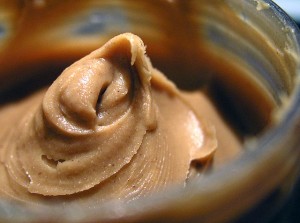 A boy of 10 has been cured said doctors of a serious peanut allergy, which is one of the first times a child has been alleviated from such a condition, according to new research presented this week.
A boy of 10 has been cured said doctors of a serious peanut allergy, which is one of the first times a child has been alleviated from such a condition, according to new research presented this week.
Nearly 3 million children who are school aged are affected by peanut allergies in U.S. These allergies are the most common cause of food anaphylaxis that is fatal. Food anaphylaxis is an allergic reaction that is full body that often leads to blockage in airways and to cardiac arrest.
While certain children at some point outgrow conditions such as peanut allergies, many also spend their entire lives carefully staying away from their allergens.
When the patient was first encountered by doctors, he was only 15 months of age and had suffered through an allergic reaction following the consumption of a product with peanuts.
Despite the boy’s allergy being serious in nature, his parents managed his condition through careful surveillance.
According to doctors, the child’s cure started when another potentially deadly condition started. When the boy was four, doctors diagnosed the boy with ALL – acute lymphocytic leukemia.
Though successful treatments of chemotherapy were administered, the boy relapsed needing a transplant of bone marrow. The transplant proved successful and the child entered remission from ALL.
Twenty-four months later, the child visited doctors, who though that the boy might have been cured from his allergy to peanuts due to his bone marrow transplant.
The suspicions the doctors held proved to be correct and after testing, revealed no sign of the gold standard for testing allergies an oral challenge was administered. The challenge calls on the patient to be exposed slowly to small quantities of their allergen.
The boy consumed peanut butter, had no reaction and was able to introduce that back into his daily diet.
Though it is not known why allergies of this type are developed by some, researchers know that the reactions occur when the immune system of the person stops recognizing the food as being safe to eat.
